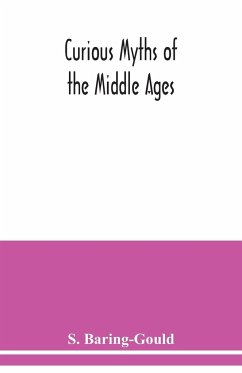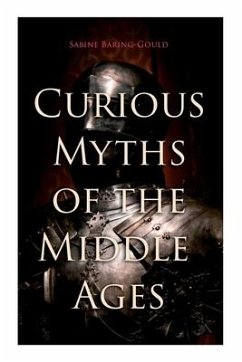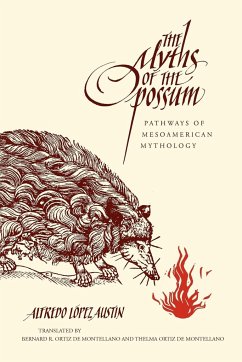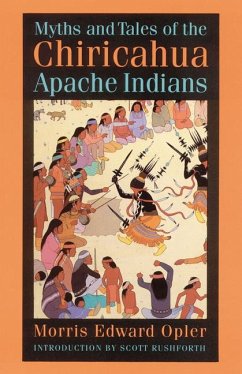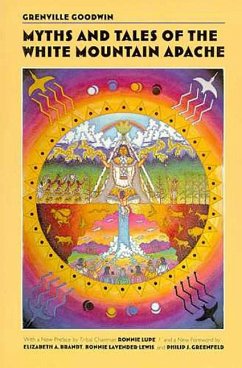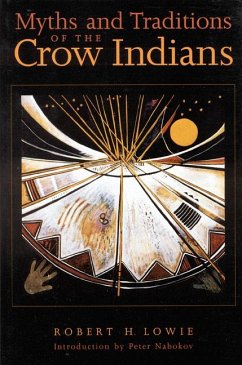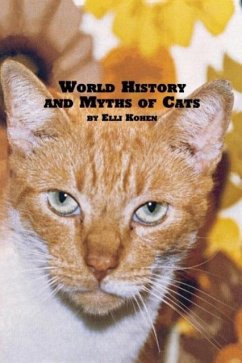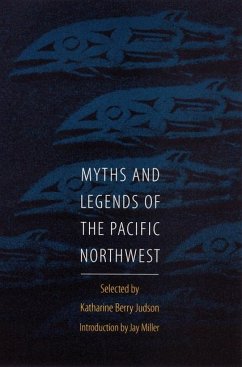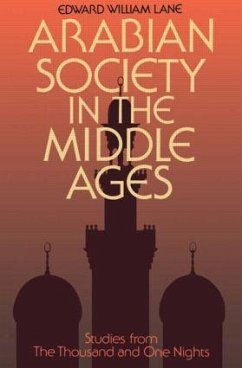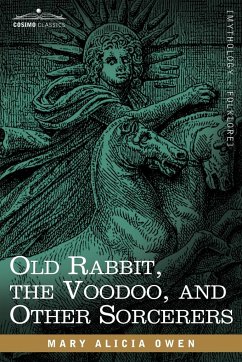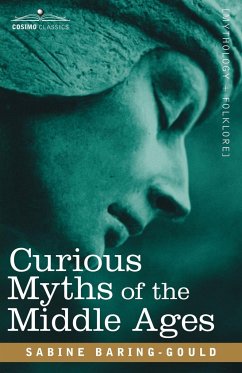
Curious Myths of the Middle Ages
Versandkostenfrei!
Versandfertig in 1-2 Wochen
32,99 €
inkl. MwSt.

PAYBACK Punkte
16 °P sammeln!
Curious Myths of the Middle Ages, first published in 1866, is a collection of 24 of the most commonly held superstitions of the Medieval era. For each story, Baring-Gould presents his research into the history and possible inspiration for the myth. Included among these familiar tales are: . The Wandering Jew, the story of the Jewish shoemaker who is doomed to wander the Earth until the Second Coming . William Tell, the Swiss hero who shot an apple off his son's head . Saint George, a Christian who suffered seven torturous deaths only to be revived each time, healthy and unhurt . The Fortunate ...
Curious Myths of the Middle Ages, first published in 1866, is a collection of 24 of the most commonly held superstitions of the Medieval era. For each story, Baring-Gould presents his research into the history and possible inspiration for the myth. Included among these familiar tales are: . The Wandering Jew, the story of the Jewish shoemaker who is doomed to wander the Earth until the Second Coming . William Tell, the Swiss hero who shot an apple off his son's head . Saint George, a Christian who suffered seven torturous deaths only to be revived each time, healthy and unhurt . The Fortunate Isles, also known as Atlantis; this myth posits the existence of a magical land in the west where paradise awaits. English hagiographer and scholar SABINE BARING-GOULD (1834-1924) published a book of English folk songs entitled Songs of the West in 1889 and wrote many hymns, including "Onward, Christian Soldiers."



